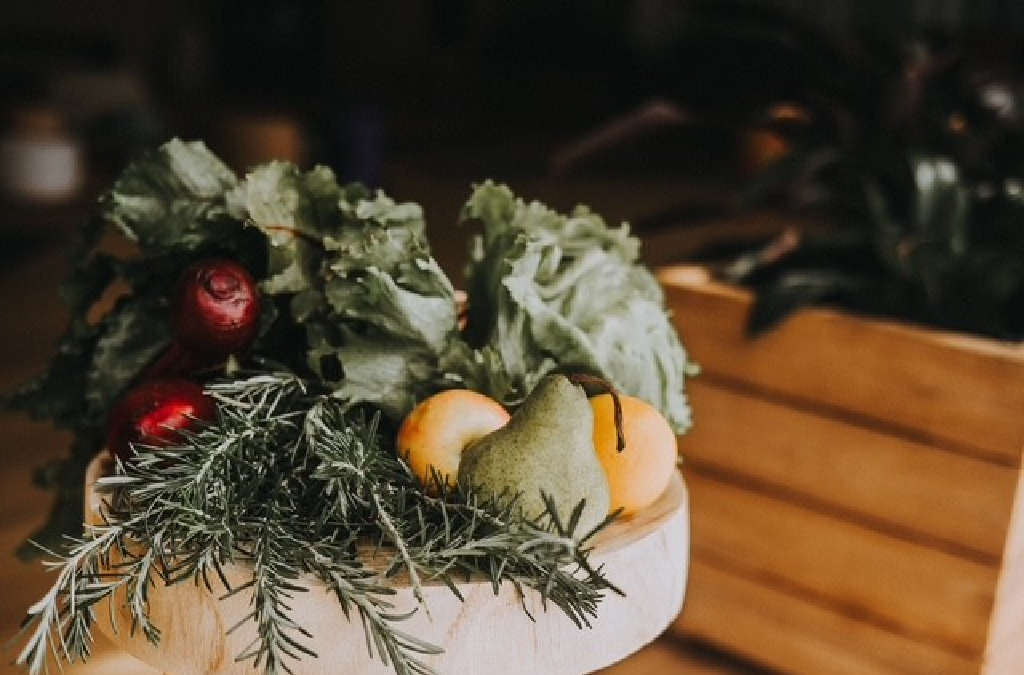
The Old fads about gut health, isn’t just about popping another probiotic or avoiding gluten and dairy. It’s also about how you eat, move, live, and manage stress day in, day out. In fact, your gut microbiome ,the ecosystem of trillions of bacteria, fungi, and microbes in your digestive tract, is shaped by our entire lifestyle.
Whether you’re dealing with bloating, food sensitivities, skin issues, hormone disruption, or brain fog, your gut might be calling out for a little bit of support. The good news is, small, sustainable changes on our daily activities, such as how you eat and live can have a massive impact on your digestion and overall wellbeing.
The Role of the Gut Microbiome
Your gut is home to a bustling community of microbes which help with:
- The breakdown and absorption of nutrients
- Protect against harmful pathogens which can cause illness and disease
- Regulation of inflammation
- Regulation of immune system and its responses
To function well, our microbes need the right kind of nourishment—a diverse, fibre-rich diet (think resistant starch), regular movement, good sleep, and low exposure to gut disruptors like stressors and toxins.
What’s The Best Diet for a Healthy Gut?
There’s no one diet for any health condition (no one size-fits all), but the most research-backed way to support gut health is to increase diversity and fibre in your diet.
Fibre Feeds our Good Guys
Plant fibres: especially prebiotics found in foods like garlic, onions, leeks, bananas, oats, and legumes, all feed our beneficial gut bacteria. These bacteria ferment the fibre and produce substances called short-chain fatty acids (SCFAs) such as butyrate, acetate and propionate, which reduce inflammation and protect our gut lining.
Eat the Rainbow
A diet rich in a variety of different coloured fruits and vegetables contain different polyphenols—plant compounds that act like antioxidants and also feed our gut microbes. Top tip – Aim for 30+ plant foods per week for optimal microbial diversity.
Fermented Foods Add Friendly Bacteria
Foods like sauerkraut, kefir, kimchi, and miso naturally contain live bacteria that can help repopulate our microbiome and support the digestive system. Start slowly and build up to avoid overwhelming a sensitive system. I like to refer to it as our bacteria having a party and feeding on all the good food.
What Harms our Gut Through Diet?
Our modern Western diet, unfortunately, works against gut health in many, many ways:
- Highly processed foods lack fibre and nutrients, while additives like emulsifiers can damage the gut lining and our microbiome.
- Excess sugar and alcohol feed opportunistic (unhelpful) bacteria and yeast, leading to dysbiotic microbiome causing an array of symptoms.
- Low variety diets starve beneficial microbes and reduce our microbial diversity which can cause picking eating, mood disturbances and hormone disgreulation.
- Overuse of caffeine and skipping meals can disrupt our gut motility and stomach acid production, leading to a decrease in nutrient absorption and lack of energy.
Lifestyle Factors That Impact our Gut Health
It’s not just what you eat—it’s also how we live:
Chronic Stress
As we explored earlier, stress slows digestion, impacts stomach acid production, and alters the gut bacteria. Daily nervous system support (think of things like: breathwork, grounding, rest) is essential for our digestive health.
A Sedentary Lifestyle
Movement has a bigger impact than I see it ever getting credit for. Regular movement helps to stimulate gut motility (the movement of food through our digestive tract). Even a short walk after meals can support how the digestive system works and reduces symptoms such as bloating.
Poor Sleep
Our gut microbiome also works in line with a circadian rhythm. Inconsistent or inadequate sleep disrupts this circadian rhythm of our gut microbes, reducing their ability to support our digestive and immune systems balance.
Eating Habits
If we aren’t eating in a relaxed environment (think rushed eating, eating while distracted, or not chewing properly), this can impair the way our digestive system operates. Even with the best diet. Eating slowly and mindfully supports enzyme release and gut function.
Some Gut-Friendly Daily Habits to Give a go:
- Include THREE or more different plant foods at each main meal (aim for colour and variety).
- Add a fermented food to a main meal a day.
- Drink filtered water, and aim to stay well hydrated.
- Take 3 deep breaths before you start to eat each main meal (this allows the gut brain connection to turn on)
- Take the time to chew your food well—aim for 20–30 chews per bite.
- Move your body daily, even gently.
- Keep screens off during meals to support mindful eating.
- Focus on consistency, NOT perfection.
What Does out Gut Really Want
Our gut health is shaped by what we eat, how we eat, and how we live. The more we support our bodies with real food, regular movement, rest, and nervous system regulation, the more resilient your digestive system becomes.
Gut healing doesn’t have to be restrictive, it can be simple, sustainable, and empowering. If you’re ready to create a gut-friendly lifestyle that fits your life, I’m here to help you map out a personalised plan that feels good and gets our guts working.
